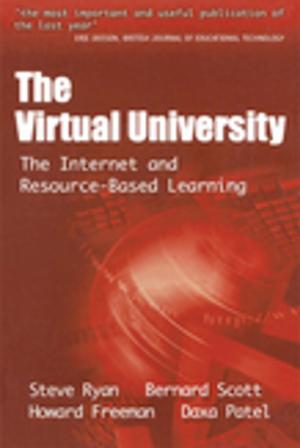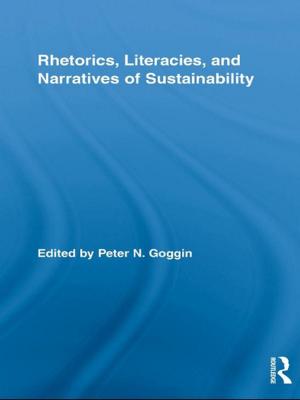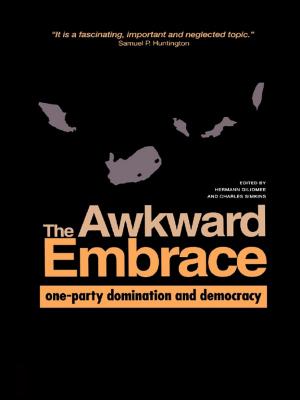| Author: | Ivor F. Goodson | ISBN: | 9781135722418 |
| Publisher: | Taylor and Francis | Publication: | April 3, 2013 |
| Imprint: | Routledge | Language: | English |
| Author: | Ivor F. Goodson |
| ISBN: | 9781135722418 |
| Publisher: | Taylor and Francis |
| Publication: | April 3, 2013 |
| Imprint: | Routledge |
| Language: | English |
The process of curriculum development is highly practical, as Goodson shows in this enlarged anniversary third edition of his seminal work. The position of subjects and their development within the curriculum is illustrated by looking at how school subjects, in particular, geography and biology, gained academic and intellectual respectability within the whole curriculum during the late 1960s and early 1970s. He highlights how subjects owe their formation and accreditation to competing status and their power to compete in the provision of 'worthwhile' knowledge and considers subjects as continually changing sub-groups of information. Such subjects from the framework of the society in which individuals live and over which they have influence. This volume questions the basis on which subject disciplines are developed and formulates new possibilities for curriculum development and reform in a post-modrnist age.
The process of curriculum development is highly practical, as Goodson shows in this enlarged anniversary third edition of his seminal work. The position of subjects and their development within the curriculum is illustrated by looking at how school subjects, in particular, geography and biology, gained academic and intellectual respectability within the whole curriculum during the late 1960s and early 1970s. He highlights how subjects owe their formation and accreditation to competing status and their power to compete in the provision of 'worthwhile' knowledge and considers subjects as continually changing sub-groups of information. Such subjects from the framework of the society in which individuals live and over which they have influence. This volume questions the basis on which subject disciplines are developed and formulates new possibilities for curriculum development and reform in a post-modrnist age.















